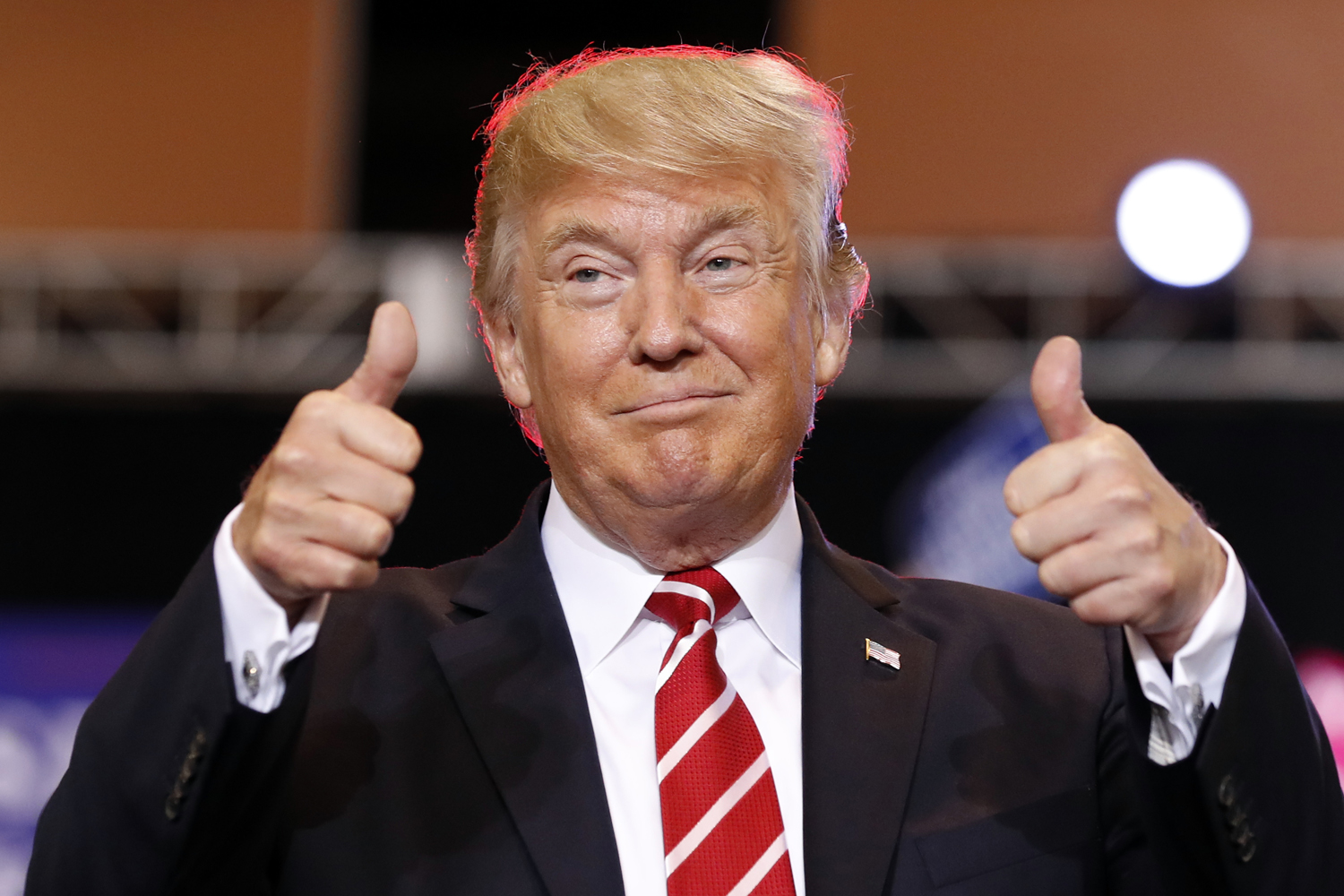Democrats to Probe Trump Money Ties to Russia, Saudis: Lawmaker

Adam Schiff, currently the ranking Democrat on the intelligence committee,
accused Trump of being "dishonest” about the role of Saudi Crown Prince Mohammed
bin Salman in the murder of journalist Jamal Khashoggi.
"What is driving this?” Schiff asked, questioning "whether there’s a financial
motivation; that is, his own personal finances.”
"Is his personal financial interest driving U.S. policy in the Gulf? Vis-a-vis
the Russians? We don’t know, but it would be irresponsible not to find out,” he
said on CNN’s "State of the Union.”
Trump this week denied reports that the CIA had concluded that the Saudi crown
prince ordered the assassination of Khashoggi, a critic and Washington Post
columnist who lived in Virginia.
He was murdered October 2 in the Saudi consulate in Istanbul by a special team
flown in for the job.
The Saudis, after changing their version of events as evidence was made public
in Turkey, have insisted that Prince Mohammed had no prior knowledge of the
assassination – an interpretation which Trump has accepted.
"The CIA doesn’t say they did it,” Trump said Thursday. "They do point out
certain things, and in pointing out those things, you can conclude that maybe he
did or maybe he didn’t.”
Schiff will have power of subpoena to pursue questions about the CIA’s findings
as well as about Trump’s financial ties when he takes over as chairman of the
Intelligence Committee in January as part of a new Democratic majority.
"I think others will also have responsibility of looking at: Are there financial
entanglements with the Gulf? Are there financial inducements that the president
has to not want to cross the Saudis? That cannot be allowed to drive US policy.”
Schiff declined to comment on a report that the committee is recruiting
money-laundering and forensic accounting experts in preparation for those
probes.
But he said that among the issues that had not been investigated under the
Republican leadership of the House "is whether the Russians have been laundering
money through the president’s businesses and this is the financial hold that the
Russians may have.”
"Is this the hidden hand in American foreign policy? We ought to be able to tell
the American people, yes, it’s true or no, it’s not.”
















